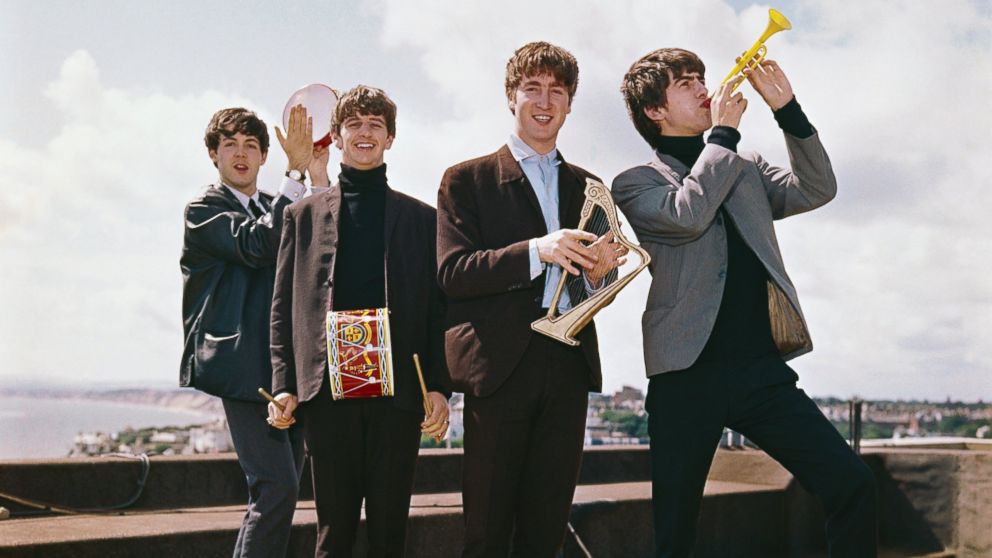Why It Took the Beatles So Long to Join the Streaming Music World
The Beatles' streamed music will be available on nine services.

— -- The beloved music of the Beatles will finally be available on streaming services starting on Christmas Eve, the record label that holds the rights to the music announced today.
The move represents a shift for the industry and the record label, Apple Records. So why did it take so long?
Alex Gale, Billboard senior editor, told ABC News, that the Beatles can walk its own path, because it is one of the biggest bands ever.
"I don't think anyone knows for sure, but obviously the main reason is they didn't really have to," Gale said. "As the biggest selling group of all time, they have so much power and there’s so much interest in them, people buy their records still, unlike a lot of other acts that aren’t being bought and need a form of discovery. The Beatles are probably the group that don't need discovery."
The Beatles are the top all-time act on the Billboard 200, with a record 19 number one albums on that chart.
"You would think that people who wanted Beatles music would have gotten a CD. That was obviously pretty amazing," Gale said.
Nine services will provide music from the band starting Christmas Eve: Apple Music, Deezer, Google Play, Microsoft Groove, Napster/Rhapsody, Amazon Prime Music, Slacker Radio, Spotify and Tidal.
The band joined iTunes only in 2010. The band sold two million songs in their first week through Apple's music service.
Chris Heine, AdWeek technology editor, said it may not have made clear-cut financial sense for the record label to stream the Beatles catalog previously.
"To me, hearing this news is hearing the last breath of the compact disc," Heine said.
Though the terms of the deals aren't available, Gale's guess is that the Beatles "got a great deal."
"In general, this is a huge coup for the streaming industry, a big sign of legitimacy," Gale said. "When the biggest selling group of all time isn’t on your service, that’s a big, black mark for people who are skeptical. A lot of listeners and fans are skeptical, especially the older ones. This is a big sign of legitimacy."




